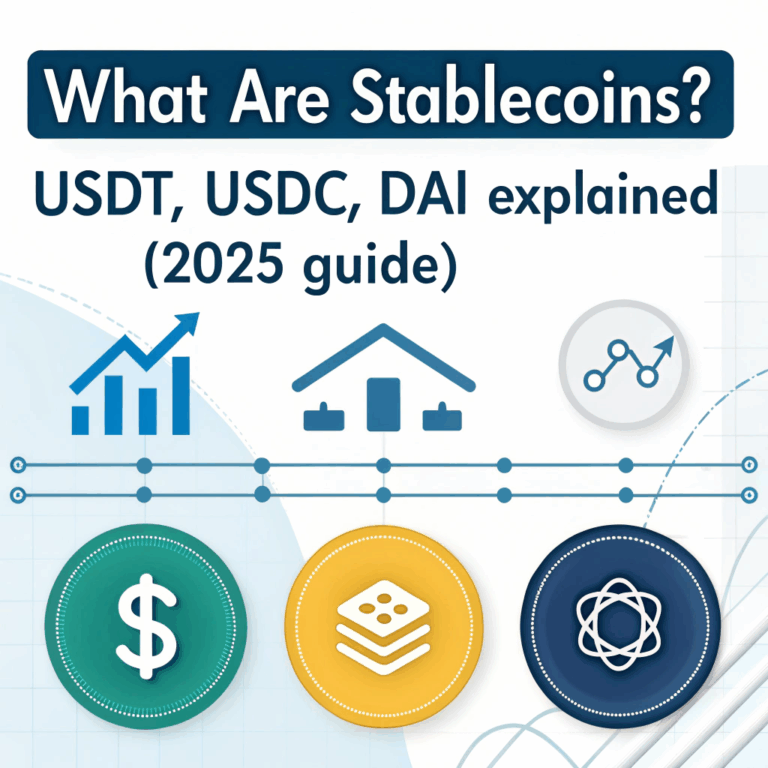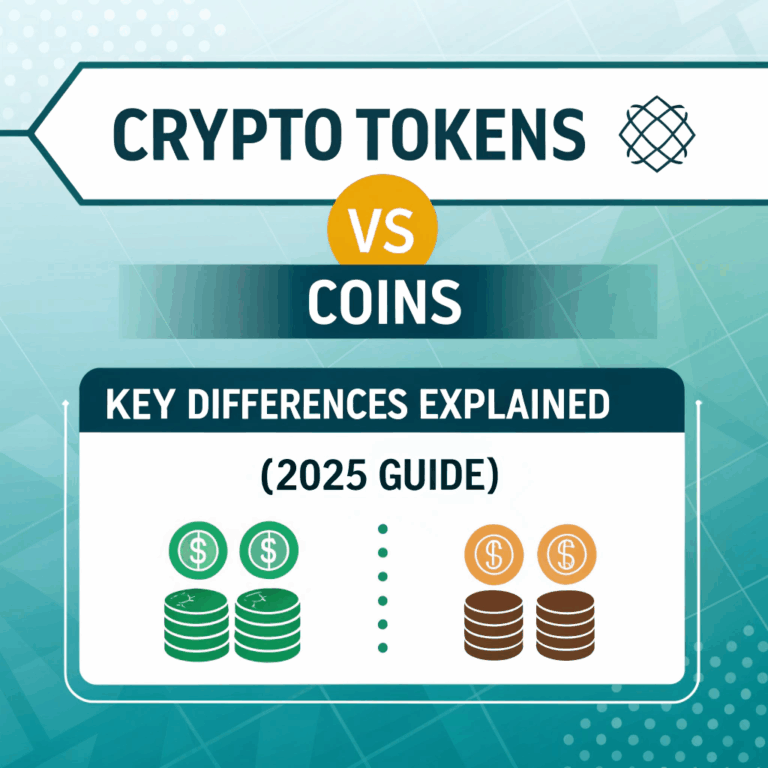What is a Private Key and Why Is It Important in Crypto

Introduction
In cryptocurrency, you are the bank. That means you hold the keys to your own money — literally. One of the most important things you must understand as a crypto user is how private keys work and why losing them can mean losing everything.
What Is a Private Key?
A private key is a long string of letters and numbers generated when you create a crypto wallet. It acts as a password that allows you to access and control your cryptocurrency.
If you have the private key, you can spend the funds. If you don’t — no one else can help you.
Private Key vs Public Key
| Feature | Private Key | Public Key |
|---|---|---|
| Visibility | Secret, known only to the owner | Shared publicly |
| Purpose | Signs transactions (proves ownership) | Receives funds |
| Function | Unlocks and sends crypto | Displays wallet address |
| Example | 5J3mBbAH5Y... (never share this) | 0xAbC123... (okay to share) |
Together, they make up the cryptographic pair used to send and receive crypto securely.
How Private Keys Work in Crypto Wallets
When you set up a wallet:
- The app generates a private key and derives a public address from it
- You use the public address to receive crypto
- You use the private key to send or authorize transactions
No one — not even the wallet provider — can access your private key unless you give it away.
Where Private Keys Are Stored
Depends on your wallet type:
- Hot Wallets: Stored on your device (phone or browser extension)
- Cold Wallets: Stored offline in a hardware device
- Paper Wallets: Written or printed on paper
- Custodial Wallets: Held by a third party (e.g., exchanges)
The more control you have, the more responsibility you carry.
Why Private Keys Are So Important
Because ownership = control in crypto.
If someone gains access to your private key:
- They can move all your funds without asking
- There’s no “forgot password” button
- Transactions are irreversible
And if you lose your private key:
- No company, exchange, or blockchain can help you recover your funds
What Happens If You Lose Your Private Key
You lose access to your crypto — forever.
Blockchain is designed to be secure and trustless, so:
- There’s no central authority to reset your key
- Wallet providers often cannot recover lost keys
- Billions of dollars in BTC and ETH are permanently lost due to lost keys
Are Private Keys the Same as Seed Phrases?
Not exactly — but they’re related.
- A private key gives access to a single crypto address
- A seed phrase (usually 12–24 words) can restore an entire wallet with multiple private keys
Think of the seed phrase as a “master backup” of your wallet.
How to Protect Your Private Key
- Never share it online
- Don’t save it on cloud storage or email
- Write it down and store it in a secure place
- Use a hardware wallet for better safety
- Avoid copy-pasting it from your clipboard
- Consider using encrypted USB drives or password managers
Cold Wallets vs Hot Wallets and Private Key Safety
| Wallet Type | Private Key Location | Security Level |
|---|---|---|
| Hot Wallet | On internet-connected device | Moderate risk |
| Cold Wallet | Offline device (USB) | Very secure |
| Paper Wallet | Physically stored | High (if handled safely) |
| Exchange | Not in your control | Risk depends on provider |
Use cold storage for long-term holdings and hot wallets for daily use.
Tips for Managing Your Keys Securely
- Use multi-signature wallets if possible
- Store backups in two separate physical locations
- Keep a trusted person informed in case of emergency
- Use metal backup plates (fireproof, waterproof)
- Test wallet recovery process with small amounts
FAQ
Can I store my private key in a password manager?
Yes, but only if it’s encrypted and offline-capable.
What if I accidentally show someone my private key?
Move your funds immediately to a new wallet.
Is it safe to use screenshot backups?
No — they can be accessed easily if your device is hacked.
Do exchanges let me see my private key?
No. That’s why they’re called custodial wallets — they control the keys, not you.
Conclusion
Your private key is the most important thing in your crypto life. It’s your proof of ownership, your access to funds, and your responsibility to protect. Understand it, secure it, and never share it — because in crypto, whoever holds the key holds the money.





